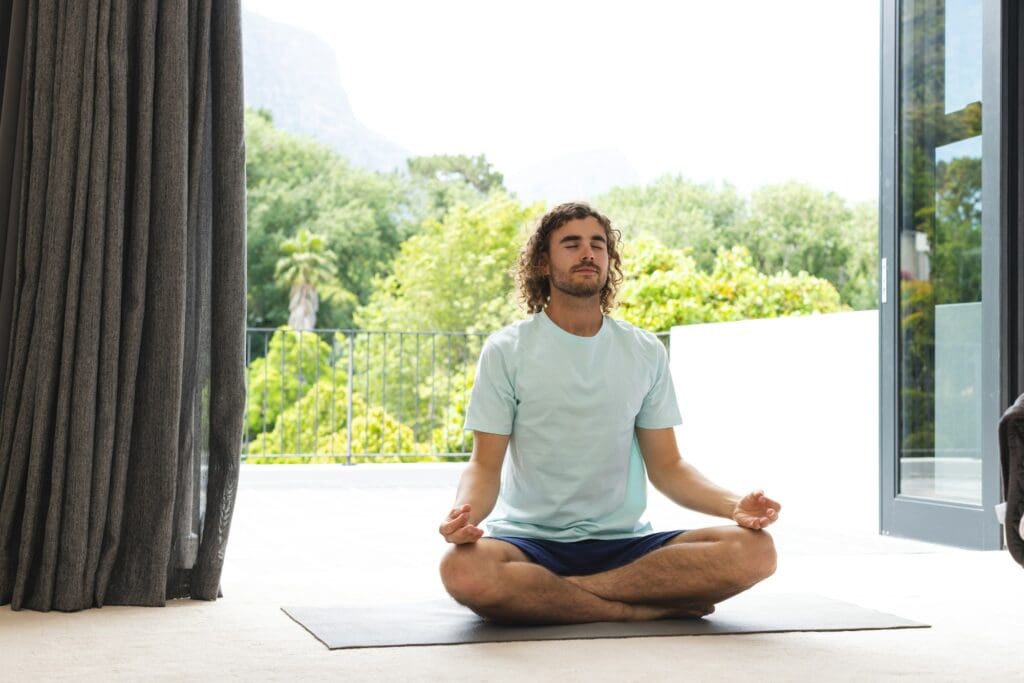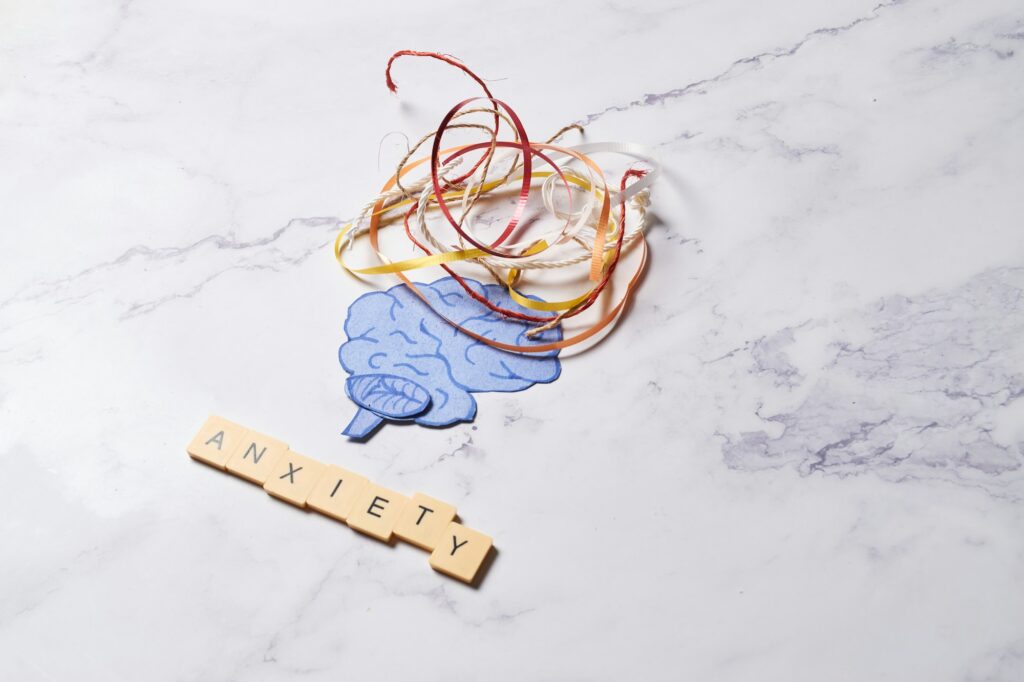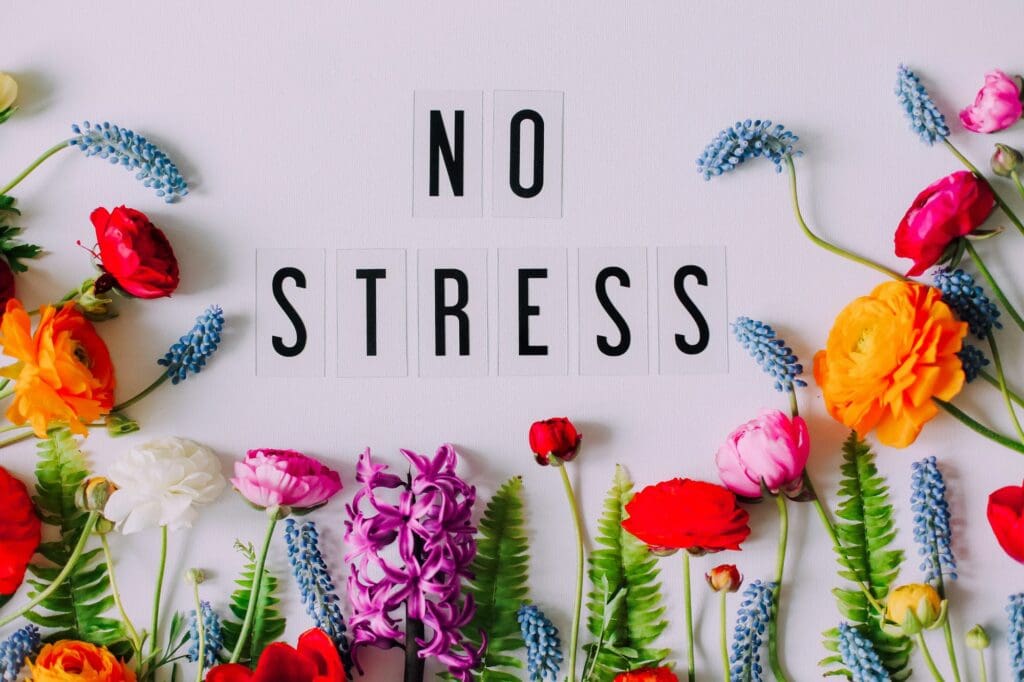


Imagine waking up each day to a space that feels serene and uncluttered, where everything you see and use brings you joy and purpose.
This is the essence of minimalism, a lifestyle choice that’s not just about reducing physical clutter but also about creating an environment that nurtures well-being.
Minimalism can have a profound impact on your mental and physical health, offering benefits that extend far beyond the aesthetic.
Less stuff means less stress, more time, and more space to breathe—literally and figuratively. As you embark on this journey, you’re not just organizing your home; you’re revitalizing your life.
“Minimalism isn’t about owning less but about making room for more—more time, more peace, and more of what truly matters.”
Ready to discover how minimalism can improve your health? Let’s explore the transformative power of simplicity and how it can lead to a healthier, happier you.
Minimalism isn’t just about living with less; it’s about living with intention. By focusing on what truly matters, you free yourself from the burden of unnecessary material possessions and the emotional weight that comes with them.
This intentional living can significantly boost your mental and physical health.
One of the key ways minimalism improves health is through the reduction of stress. Cluttered spaces can lead to cluttered minds, often causing stress and anxiety.
When you declutter, you create a calm and peaceful environment that promotes relaxation and mental clarity.

Minimalism also simplifies decision-making. When you have fewer things and less to worry about, your cognitive load decreases.
This mental simplicity not only reduces stress but also allows you to focus more on healthy habits and activities, such as mindfulness and exercise.
Moreover, by embracing minimalism, you gain a sense of pride and gratification. Removing excess from your life enables you to appreciate the things you value most, enhancing your emotional well-being.
This shift in mindset encourages a holistic sense of fulfillment, which is essential for overall health.
Have you ever felt overwhelmed by the constant clutter in your life? You’re not alone. Embracing minimalism can do wonders for your health by stripping away the unnecessary distractions and focusing on what truly matters.
Not only does it bring a sense of calm and clarity, but it also offers a multitude of health benefits. From reduced stress levels to better physical well-being, adopting a minimalist lifestyle can be a transformative journey for both your mind and body.
Embracing minimalism isn’t just about having fewer things; it’s about making space for the things that truly matter.
By cutting through the clutter, you can foster a more serene and organized environment that supports both your mental and physical well-being.
The journey towards minimalism offers numerous health benefits, from reducing stress to improving sleep quality.
As you continue to simplify, you’ll likely find greater clarity and purpose in your daily life, leading to an overall improvement in your health and happiness. Start small, and remember that every step towards a minimalist lifestyle is a step towards better health.
Imagine waking up in a home that feels like a breath of fresh air—uncluttered, serene, and filled only with the essentials that truly bring you joy and utility.
This is the essence of minimalism, a lifestyle choice that can transform not just your living space but also your overall well-being.
By stripping away the superfluous, minimalism enhances both your physical and mental health, making room for a more fulfilling and stress-free life.
Ready to dive into the ways minimalism can be a game-changer for your health? Let’s unpack the myriad benefits together.

You’re not just creating a more organized and aesthetically pleasing living space; you’re also laying the foundation for better health and well-being.
The benefits are plentiful, from reduced stress and improved sleep to stronger relationships and a more robust immune system.
Minimalism guides you to focus on what truly matters, promoting a lifestyle of intentionality and clarity. Take the first step towards a healthier, more balanced life by simplifying your surroundings and priorities.
Imagine walking into a bedroom that’s free from clutter and decorated with only the essentials. It’s a sanctuary designed to help you switch off from the day’s noise and stress, making it easier to drift into a restful night’s sleep.
Minimalism isn’t just about a tidy room, it’s about creating an environment that fosters tranquility. By simplifying your sleeping space, you remove distractions and create a calming atmosphere that can significantly improve your sleep quality.
Minimalism is more than just a trend; it’s a lifestyle choice that offers numerous benefits for your overall health and well-being.
By simplifying your living space and daily routines, you create an environment that fosters tranquility, focus, and mental clarity.
You can improve your sleep, reduce anxiety, and even fortify your immune system through minimalist principles. As you adopt this approach, you’ll find that less truly can be more, leading to a healthier, more balanced, and fulfilling life.

Living in a cluttered environment can overstimulate your senses, leading to feelings of stress and anxiety. When you embrace minimalism, you create a space that is both functional and serene.
Fewer items mean fewer distractions, which helps reduce the mental burden of managing physical possessions. This streamlined space promotes a sense of calm and balance, ideal for fostering mental well-being.
Moreover, minimalism allows you to focus on what truly matters. By eliminating the unnecessary, you are free to focus on essential items and activities that bring joy and satisfaction.
This change in focus can lead to a significant decrease in anxiety, as you are no longer overwhelmed by a multitude of choices and responsibilities.
Think of it as mental decluttering. Just as a tidy room can bring a sense of order, simplifying your surroundings can lead to mental clarity.
With fewer things to worry about, you can reduce the overstimulation that often contributes to anxiety. This newfound mental space can be used for more productive and fulfilling activities, such as self-reflection or connecting with loved ones.
In summary, minimalism can play a critical role in combating anxiety by creating a peaceful environment, reducing the mental load of managing many possessions, and allowing you to focus on meaningful aspects of life.
Through this process, you can enjoy a less stressful and more centered existence.
The beauty of minimalism lies in its ability to strip away the unnecessary, allowing you to focus on what truly matters. This clarity and focus can be harnessed to build healthier habits.
When your environment is uncluttered, it becomes easier to make conscious choices. For instance, a simple kitchen free from excessive gadgets and junk food naturally encourages healthy eating habits.
You are more likely to cook wholesome meals when your space is organized and inviting.
Moreover, minimalism fosters mindfulness, an essential aspect of healthy living. By being intentional about what you keep in your life, you become more aware of your everyday actions.
This mindfulness can be extended to your health, helping you become more conscious of your physical and mental well-being.
You start to value activities like exercising, meditating, or simply taking a walk, as these become significant contributors to your simplified lifestyle.
Additionally, a minimalist lifestyle can make it easier to establish and maintain a consistent routine.
Routine acts like regular sleep schedules, daily workouts, and setting aside time for relaxation become more manageable when your life isn’t cluttered with distractions.
Instead of being overwhelmed by endless to-dos, you have the mental space to focus on activities that enhance your health.
Lastly, minimalism can lead to a deeper connection with nature. By reducing your reliance on material possessions, you may find more time to spend outdoors, enjoying simple pleasures like a hike or a picnic.
Exposure to nature has been shown to have numerous health benefits, including reduced stress levels and improved mood.

Embracing minimalism is not about deprivation but about creating a space where healthier habits can flourish.
As you simplify your life, you allow room for practices that support your overall well-being, making it easier to lead a balanced and fulfilling lifestyle.
Minimalism, at its core, is about prioritizing what truly matters. This often extends to the relationships you nurture. When you adopt minimalist principles, you may find that you naturally begin to curate your social circle.
Surrounding yourself with meaningful, positive connections can lead to stronger, more fulfilling relationships.
One way minimalism transforms relationships is by emphasizing quality over quantity. Instead of a vast network of acquaintances, you focus on deeper connections with a select few.
This shift allows for more genuine interactions and a support system that truly understands you. Moreover, with fewer obligations and social distractions, you can dedicate more time and energy to these valuable relationships.
In addition, minimalism encourages open and honest communication. When your life is less cluttered, there’s less room for misunderstandings and negativity.
By fostering transparency, you build trust and resilience in your relationships. This authenticity can pave the way for more meaningful conversations and stronger bonds.
Furthermore, shared minimalist values can enhance relationships. Whether it’s a mutual appreciation for simplicity or a shared goal of decluttering, these common interests can bring people closer together.
Engaging in minimalist practices together, like organizing spaces or prioritizing shared experiences, can also provide opportunities for connection and collaboration.
Ultimately, embracing minimalism can lead to richer, more purposeful interactions. By focusing on what truly matters, you not only declutter your physical space but also create a healthier, more supportive social environment.
This can significantly enhance your overall well-being and strengthen the ties that matter most.
When you think about bolstering your immune system, minimalism might not be the first thing that comes to mind. However, living a minimalist lifestyle can play a significant role in enhancing your immune health.
By simplifying your surroundings and lifestyle, you’re able to reduce stress levels, which, in turn, strengthens your immune system.
Here, we’ll explore how embracing minimalism can contribute to a more resilient immune system and better overall health.

Minimalism can reduce stress and anxiety by eliminating unnecessary clutter and distractions from your environment. When your space is tidy and organized, it creates a sense of calm and control.
This can help lower cortisol levels, which are directly linked to stress. By focusing only on what truly matters, you also free up mental bandwidth, allowing you to tackle tasks more efficiently and with a clearer mind.
Yes, decluttering your home can significantly improve mental health. A clutter-free space reduces visual stimuli and mental clutter, which can help decrease stress and promote a peaceful mindset.
It also enhances focus and allows for better clarity. When your surroundings are organized, it’s easier to manage daily tasks, reducing feelings of overwhelm and boosting your overall mood and well-being.
One unexpected health benefit of minimalism is its positive impact on your immune system. By creating a clean and organized living space, you reduce the buildup of dust and allergens, leading to a healthier environment.
Minimalism can also promote better sleep by removing distractions and creating a serene bedroom atmosphere, contributing to overall health and well-being.
Additionally, the mental clarity gained from minimalism can lead to better decision-making and healthier lifestyle choices.
Absolutely, minimalism can be incredibly beneficial for managing chronic illnesses. Simplifying your home and life reduces the physical and emotional burden, making it easier to focus on health management.
It also allows for a more structured and less stressful environment, which can be particularly helpful in managing symptoms and avoiding flare-ups.
By prioritizing only essential items and activities, you can better adhere to treatment plans and self-care routines.
Minimalism can lead to better physical fitness by freeing up time and space to focus on health and exercise. With fewer distractions and a more organized environment, it’s easier to stick to a workout routine.
Additionally, minimalism can promote healthier eating habits by simplifying your kitchen and reducing the temptation for junk food. By prioritizing physical health, you can dedicate more time to activities that promote fitness and well-being.
Embracing minimalism isn’t just about decluttering your physical space; it’s a profound shift towards a healthier, more intentional life.
By letting go of unnecessary possessions and focusing on what truly matters, we can discover our true potential and set and achieve meaningful goals.
Research indicates that adopting a minimalist lifestyle can lead to reduced anxiety levels, improved sleep quality, and even a stronger immune system.
Additionally, minimalism fosters a greater sense of happiness and fulfillment by helping you build healthier habits and transform your relationships.
With fewer distractions, you’re free to focus on personal growth and well-being. Hence, the journey toward minimalism is not just a trend but a sustainable way to enhance your overall health and well-being.
Future studies should continue to explore minimalism’s long-term impacts on various aspects of life, particularly in developed nations.
The potential for increased happiness, productivity, and positive lifestyle changes makes minimalism an intriguing subject worthy of deeper investigation. So, why not take the first step towards a simpler, healthier life today?









